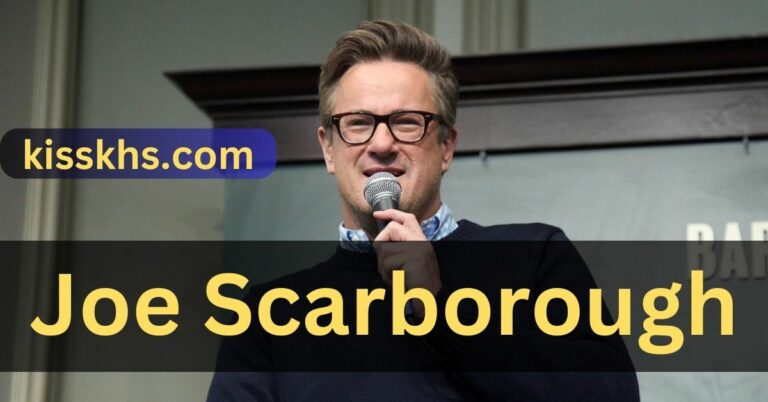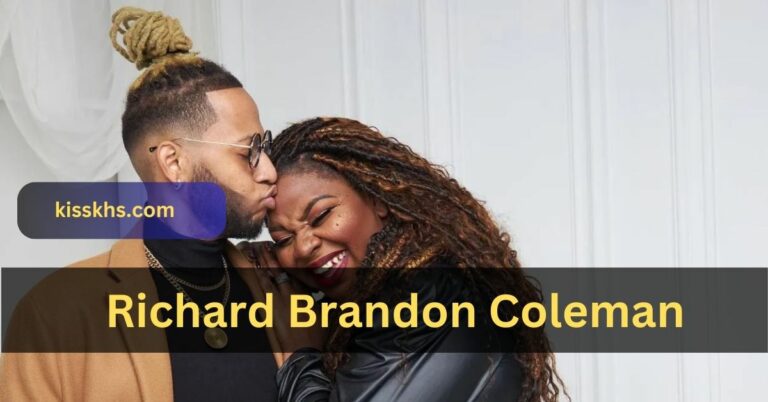c.w. park usc lawsuit
Let’s dive into c.w. park usc lawsuit
Introduction
In recent news, the C.W. Park USC lawsuit has garnered significant attention within the legal and academic communities. The lawsuit revolves around allegations of misconduct and discrimination against Dr. C.W. Park, a former professor at the University of Southern California (USC). The case has raised important questions about academic integrity, workplace ethics, and the rights of faculty members. Let’s delve deeper into the details of the C.W. Park USC lawsuit and explore the implications of this legal battle.
The Allegations Against C.W. Park
The lawsuit against C.W. Park alleges various instances of misconduct, including claims of discrimination, harassment, and wrongful termination. According to court documents, Dr. Park was subjected to a hostile work environment and faced retaliation for speaking out against unethical practices within the university. The allegations have sparked a heated debate about academic freedom and the responsibilities of educational institutions towards their faculty members.
The Legal Proceedings
The legal battle between C.W. Park and USC has been ongoing for several years, with both parties presenting their arguments in court. Dr. Park has maintained his innocence and has vehemently denied the allegations leveled against him. The university, on the other hand, has defended its actions and has stated that it followed due process in handling the situation. The case has raised complex legal issues surrounding employment law, academic governance, and institutional accountability.
The Impact on Academic Community
The C.W. Park USC lawsuit has sent shockwaves through the academic community, prompting discussions about power dynamics, transparency, and accountability in higher education. The case has highlighted the challenges faced by faculty members who speak out against wrongdoing and the need for robust mechanisms to protect academic freedom. Scholars and students alike have closely followed the developments in the case, recognizing its broader implications for academic integrity and ethical conduct.
The Role of Media and Public Opinion
Media coverage of the C.W. Park USC lawsuit has been extensive, with news outlets reporting on the latest developments and legal proceedings. Public opinion has been divided, with some supporting Dr. Park’s claims of injustice and others questioning the veracity of the allegations. Social media platforms have also played a significant role in shaping the narrative around the case, with hashtags and online discussions amplifying different perspectives on the controversy.
The Importance of Due Process
One of the key issues raised by the C.W. Park USC lawsuit is the importance of due process in resolving disputes within academic institutions. The case has underscored the need for fair and transparent procedures for addressing allegations of misconduct and ensuring that all parties are given a chance to present their side of the story. The principles of natural justice and procedural fairness have come under scrutiny, with stakeholders calling for greater accountability and oversight in handling such sensitive matters.
The Future of Academic Governance
The outcome of the C.W. Park USC lawsuit is likely to have far-reaching implications for academic governance and institutional practices. The case has exposed gaps in existing policies and procedures for addressing faculty grievances and has raised questions about the power dynamics within universities. Moving forward, there is a growing consensus on the need for reforms that prioritize transparency, accountability, and ethical conduct in academic settings. The lessons learned from this legal battle are expected to shape future discussions on academic governance and workplace ethics.
The Way Forward
As the legal proceedings in the C.W. Park USC lawsuit continue, it is essential for all stakeholders to uphold the principles of fairness, justice, and integrity. The case serves as a reminder of the complexities inherent in academic disputes and the need for robust mechanisms to address such challenges. By fostering a culture of openness, dialogue, and respect, universities can create environments that support the well-being and professional growth of their faculty members. Ultimately, the resolution of the C.W. Park USC lawsuit will set a precedent for how academic institutions navigate similar issues in the future.
FAQs
1. What are the main allegations against C.W. Park in the USC lawsuit?
The allegations against C.W. Park in the USC lawsuit include claims of discrimination, harassment, and wrongful termination. Dr. Park has been accused of creating a hostile work environment and facing retaliation for speaking out against unethical practices within the university.
2. How has the academic community responded to the C.W. Park USC lawsuit?
The academic community has responded to the C.W. Park USC lawsuit with a mix of support for Dr. Park and calls for transparency and accountability from the university. The case has sparked discussions about academic freedom, workplace ethics, and the responsibilities of educational institutions towards their faculty members.
3. What legal issues are at play in the C.W. Park USC lawsuit?
The legal issues at play in the C.W. Park USC lawsuit include employment law, academic governance, and institutional accountability. The case raises complex questions about due process, procedural fairness, and the rights of faculty members in challenging workplace environments.
4. How has media coverage influenced public opinion on the C.W. Park USC lawsuit?
Media coverage of the C.W. Park USC lawsuit has influenced public opinion by shaping the narrative around the case and amplifying different perspectives. Social media platforms have also played a significant role in disseminating information and fostering discussions on the controversy.
related terms: c.w. park usc lawsuit


